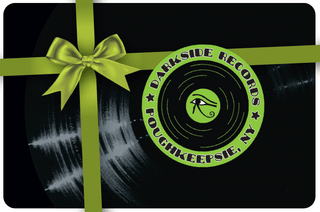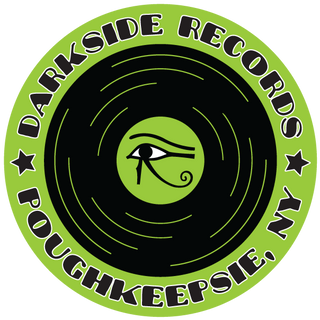Mathieu Gaudet- Schubert: The Secret Melody

For the tenth volume in his series of Schubert's Complete Sonatas and Major Works for Piano, Mathieu Gaudet turns to a work of unabashed Romanticism: Sonata No. 4 in A minor (D. 537), composed in 1817. Whilst the outer movements are highly dramatic in character, the central slow movement features a long and enchanting melody of an almost fragile delicacy. He returned to this melody eleven years later in 1828, using it as the theme of the last movement of the Sonata No. 19 in A major D. 959, his penultimate sonata. This Allegretto is perhaps the most "Schubertian" of all: it is generous, graceful, full of hope despite a weighty melancholy, and always in motion. Schubert's return to the melody that he had composed when he was twenty years old attests his particular love for it; it was his personal hymn, his secret melody.
For the tenth volume in his series of Schubert's Complete Sonatas and Major Works for Piano, Mathieu Gaudet turns to a work of unabashed Romanticism: Sonata No. 4 in A minor (D. 537), composed in 1817. Whilst the outer movements are highly dramatic in character, the central slow movement features a long and enchanting melody of an almost fragile delicacy. He returned to this melody eleven years later in 1828, using it as the theme of the last movement of the Sonata No. 19 in A major D. 959, his penultimate sonata. This Allegretto is perhaps the most "Schubertian" of all: it is generous, graceful, full of hope despite a weighty melancholy, and always in motion. Schubert's return to the melody that he had composed when he was twenty years old attests his particular love for it; it was his personal hymn, his secret melody.



![Gracie Abrams- The Secret of Us [Deluxe Transparent Moonlight 2LP]](http://shop.darksiderecords.com/cdn/shop/files/GracieAbrams_TheSecretOfUsDLX-2LPPackshot_FRONT.jpg?v=1731108628&width=320)

